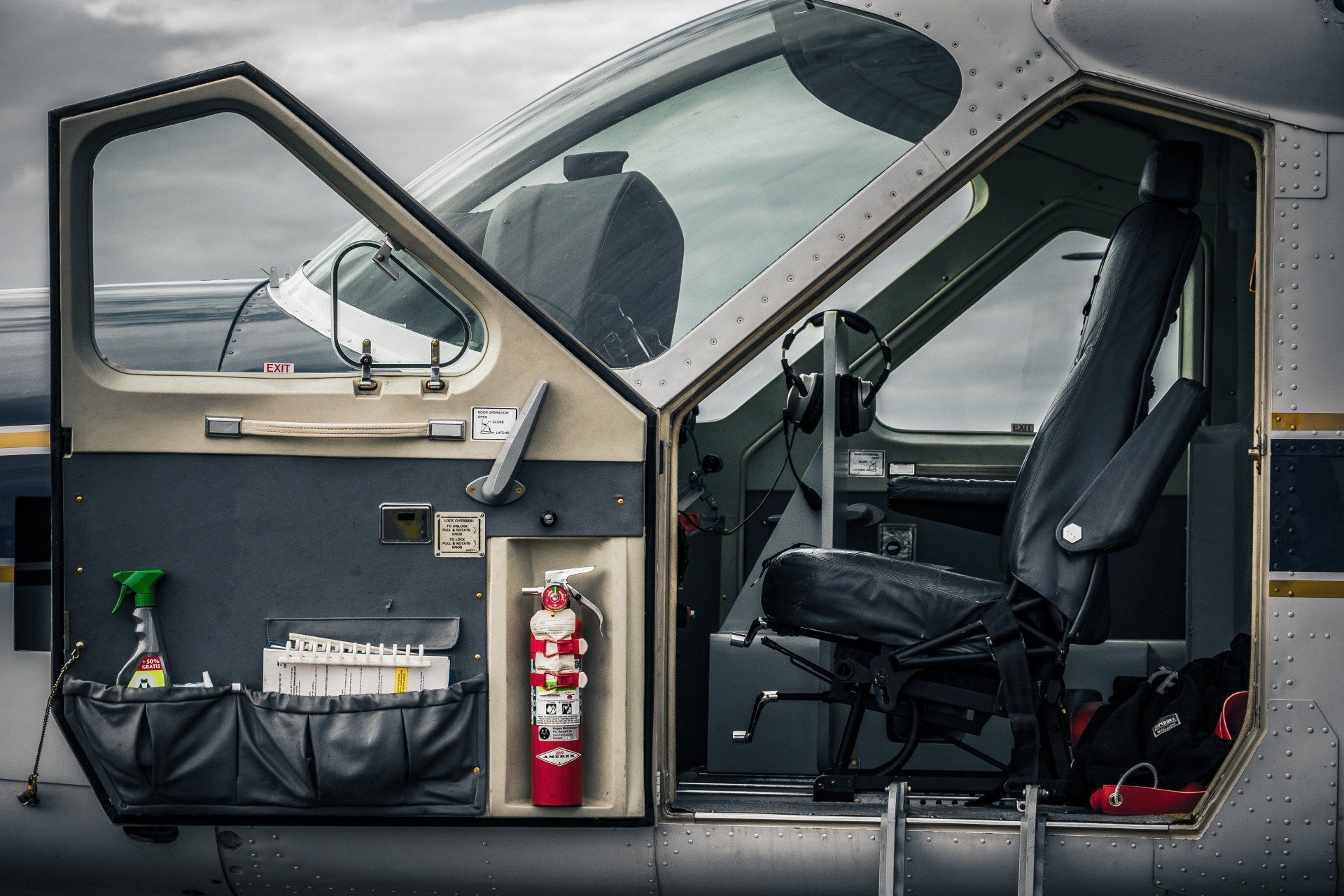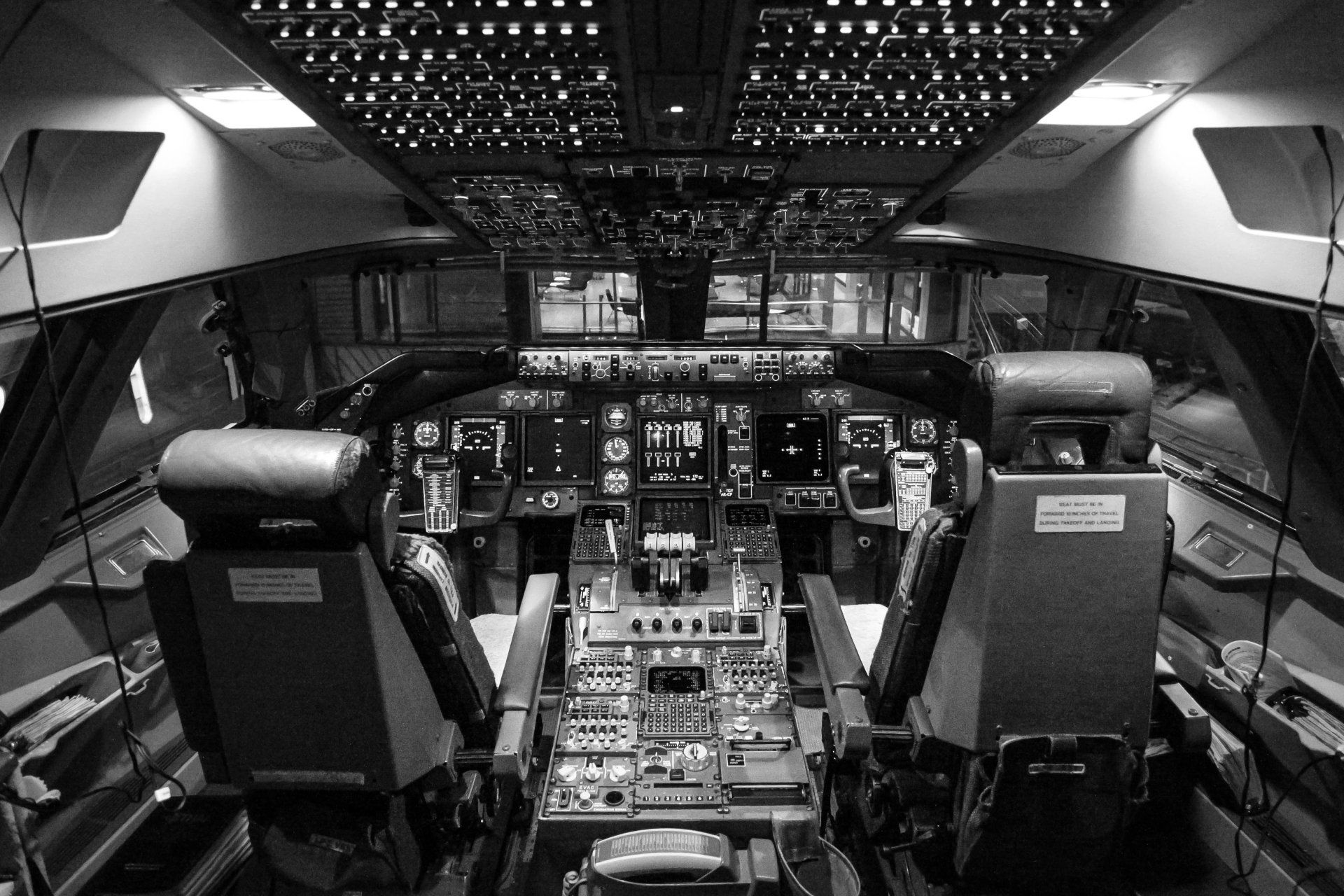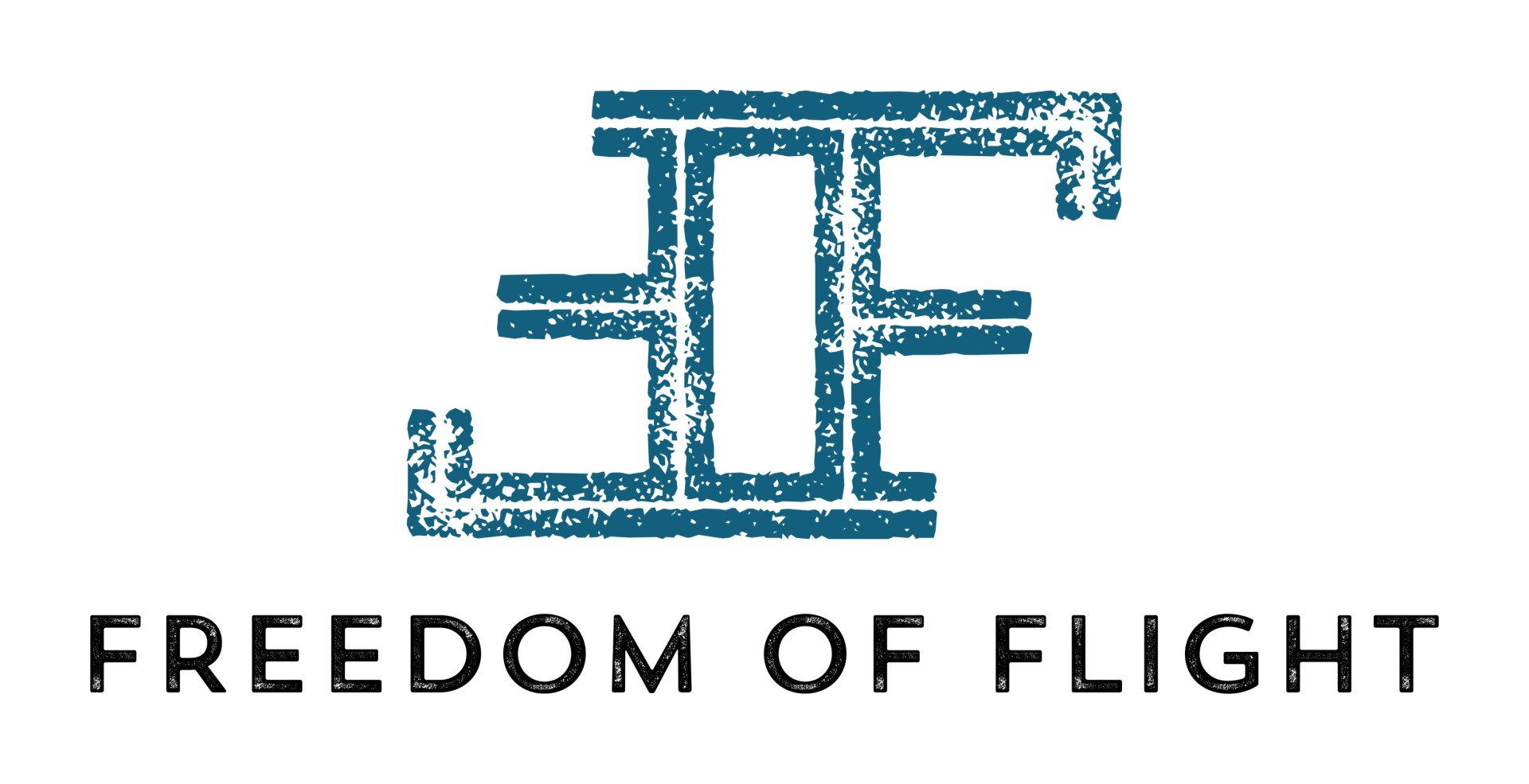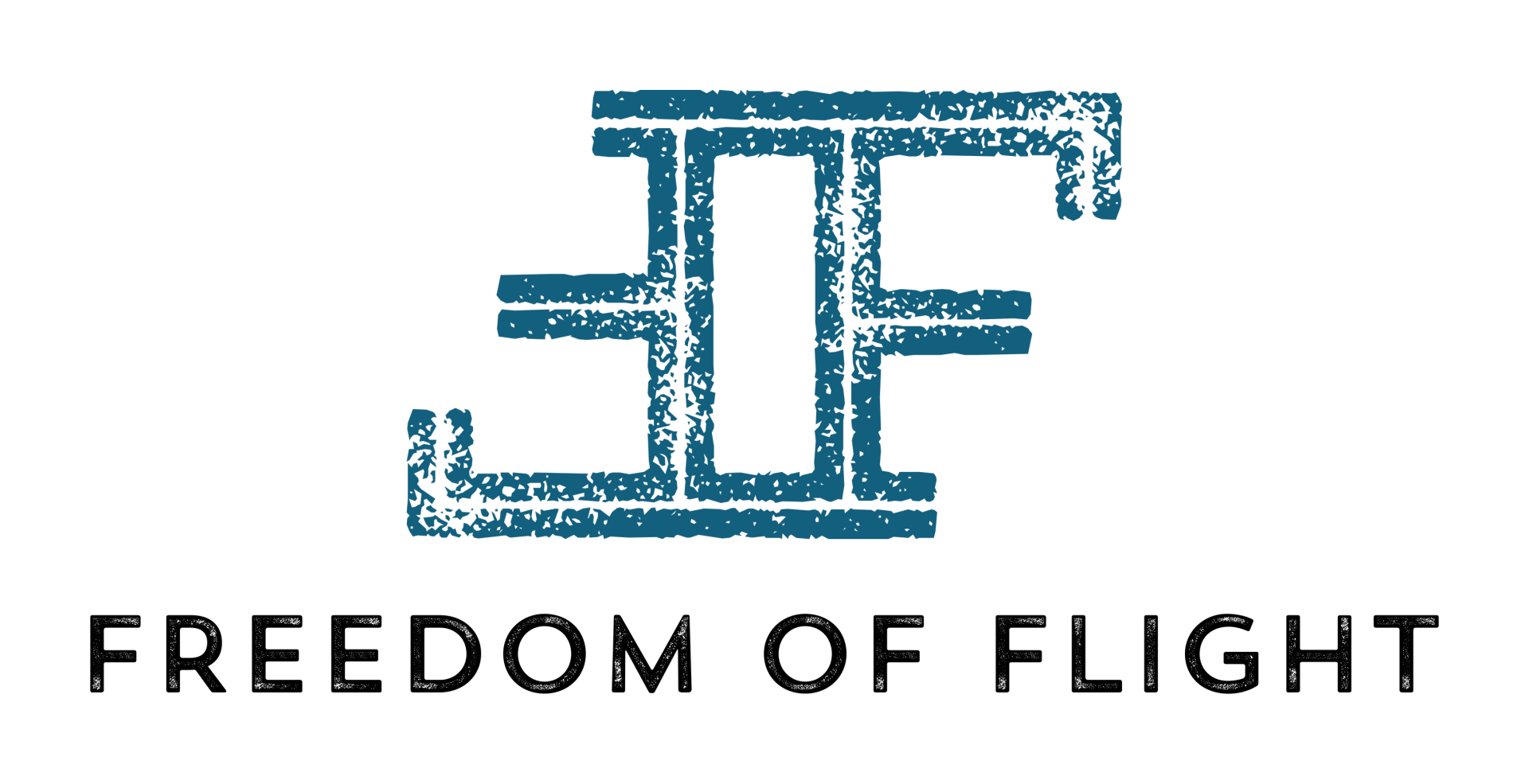
20% Off
New Fall-Winter Collection

20% Off
New Fall-Winter Collection
"Unlocking the Key to Success in the Commercial Charter and Safari Bush Pilot Markets: Skills, Service, and Reputation"

Soaring High:
Inspiring Young Aviators to Reach for the Clouds in the Commercial Charter and Safari Bush Pilot Sector
Introduction:
The sky is a playground for dreamers, and as a young aviator, there's no better time to begin your journey into the world of aviation. The commercial charter and safari bush pilot markets offer exciting opportunities for skilled pilots who are passionate about providing top-notch services to their passengers and clients. In this blog post, I'll delve into some of the skills development needed, and the requirements for understanding of the needs of passengers and clients, as well as the service deliverables required for a successful career in these unique aviation niches.
I hope that this opens your mind to some of the key aspects of becoming a professional pilot and aviator, but before we get into it, I would like you to always bear in mind, that as must as we are professionals in a trade, we are always providing a service. A service to our passengers, a service to our clients, and a service to our employers.
If you can use service delivery as base set to developing your skills and enhance your career, you will go a long way. Learning to provide excellent "customer" service is one of the few FREE endorsements we come by in aviation, but it will reap great rewards if you can capitalise on using it in your career.
Let's get into it.
Enhancing Your Skill Set:
Developing the right skills and acquiring the necessary ratings and endorsements are essential for you as aspiring commercial pilot. The commercial charter and safari bush pilot markets require precision flying, exceptional navigational skills, and the ability to handle a variety of aircraft. Here's how you can enhance your skill set:
It goes without saying that you would need to obtain your Private Pilot License (PPL) and Commercial Pilot License (CPL).
Although you would receive training on smaller aircraft and typically one aircraft type, it is important to master the aircraft type that you fly, you truly need to know your machine and its capabilities, and with this, your own. Remember that interviewers often know these aircraft and will sometimes incorporate technical knowledge questions on the aircraft type that you fly into an interview process. They will also quiz you on general aviation knowledge for the level of qualification or skill you are at. But this is not an interview process guide, so let's move on.
When you are confident and competent on an aircraft type, branch out and start to train on a variety of aircraft. Typically starting on small single-engine aircraft, moving up to smaller twin-engine piston aircraft, medium to larger turboprop aircraft and eventually onto jet aircraft, the latter (jet) not often suited for the topic we are discussing today. My suggestion and experience would advise you against getting too many different type ratings. Become proficient and display sound knowledge on an aircraft type, manufacturer, or system, and then build from there. This will spark interest in certain aspects or fields and allow you to design your aircraft ratings "tree" (type list).
The most valuable attribute and goal I would advise you toward, is to aspire to learn advanced flying techniques, such as short-field take-offs and landings (STOL), and practice flying in diverse weather conditions.
I have always emphasised one point to budding charter pilots, and even to aspiring airline pilots:
"Ratings don't always land the job, but landing the job might just land you the rating."
The reason I promote this is that ratings are costly, and there is very little guarantee that the rating may provide any form of job security, however, allocating resources and time to honing your skills by actually gaining valuable flight hours and experience, and learning new techniques, such as tailwheel conversions, MCC courses, night rating, IFR rating, instructors ratings and even aerobatics ratings, goes much further when you are developing your career and skills. These skills are invaluable and will come in handy when you need them most.
Respect your limits, as well as the aircrafts limits, when you are in the learning phases of your career (which we always are), you don't want to have to learn these skills only when you come to realise that you needed them.
There are many mentors, instructors, and experienced pilots out there, willing to teach, and much learning can come from listening. You may just find yourself gaining some invaluable knowledge and words of wisdom that may stick with you through your career and life.
Lastly, familiarise yourself with the specific regulations and protocols of the commercial charter and safari bush pilot industry and its specific knowledge areas, but be sure to include the busy airspaces and airports that you may see yourself operating into and out of, between the large airlines, fellow flight crew and a multitude of commercial aviation sectors within our industry.
Understanding the Needs of Passengers and Clients:
To excel in the charter and bush pilot markets, you must be adept at understanding and catering to the unique needs of your passengers and clients. Keep these tips in mind:
- Develop excellent communication and interpersonal skills to establish rapport with clients.
- Be empathetic and responsive to passengers' needs, including those with special requirements.
- Learn about the local cultures and environments of the destinations you'll be flying to and share this knowledge with your passengers.
- Provide personalised services that exceed your clients' expectations and differentiate you from the competition.
- Know the difference between your client, and your passengers, they each have their own particular requirements and expectations, and you will have to deliver for both.
- Delivering Exceptional Service
In the commercial charter and safari bush pilot markets, pilots are responsible for more than just flying the aircraft. You'll need to ensure that every aspect of the flight experience is exceptional for your passengers and clients. Here are some key service deliverables to focus on:
- Ensure safety is always the top priority, from pre-flight checks to in-flight procedures and emergency preparedness.
- Provide a comfortable and enjoyable flight experience, including assisting with boarding, luggage handling, and in-flight amenities.
- Work closely with ground crews and service providers to ensure seamless coordination and support for your passengers and clients.
- Demonstrate adaptability and resourcefulness in overcoming challenges, such as unexpected weather, mechanical issues and the multitude of other ground delays that may be experienced.
Networking and Building Your Reputation:
To establish a successful career in the commercial charter and safari bush pilot markets, it's crucial to build a strong professional network and reputation. Attend industry events, join aviation associations or groups, and connect with fellow pilots and aviation professionals. Focus on delivering consistent, high-quality service to your passengers and clients, and be open to feedback and continuous improvement. Word of mouth is a powerful tool in these niche markets, and a stellar reputation will help you attract new clients and grow your career.
Presentation and Appearance:
Lastly, and often argued on its priority of importance within the commercial charter and safari bush pilot markets, a pilot's presentation, and appearance. This plays a vital role in creating a strong first, and lasting, impression and fosters trust with passengers and clients. Impeccable grooming, neat uniforms, and a professional demeanour not only reflect the pilot's commitment to high standards but also reassure clients of their competency and dedication to safety, comfort, and exceptional service.
A polished appearance contributes to a positive flight experience and helps establish a pilot's credibility in these niche markets.
Look the part!
Conclusion:
The sky's the limit for aspiring pilots who are passionate about providing exceptional service in the commercial charter and safari bush pilot markets. By honing your skills, understanding the needs of your passengers and clients, and delivering an outstanding flight experience, you'll be well on your way to a rewarding and adventurous career in aviation. So, strap on your wings, young aviators, and soar to new heights as you reach beyond the clouds!
Some advice from a beloved and revered luminary in aviation:
"Experience and aptitude go a long way, that, and the right attitude."
Over and Out
Your Captain




Johannesburg, South Africa
captain@freedomflightco.com
Be the first to know
Thank you for signing up.
We will get back to you with our upcomming deals, products and events.
Please try again later


